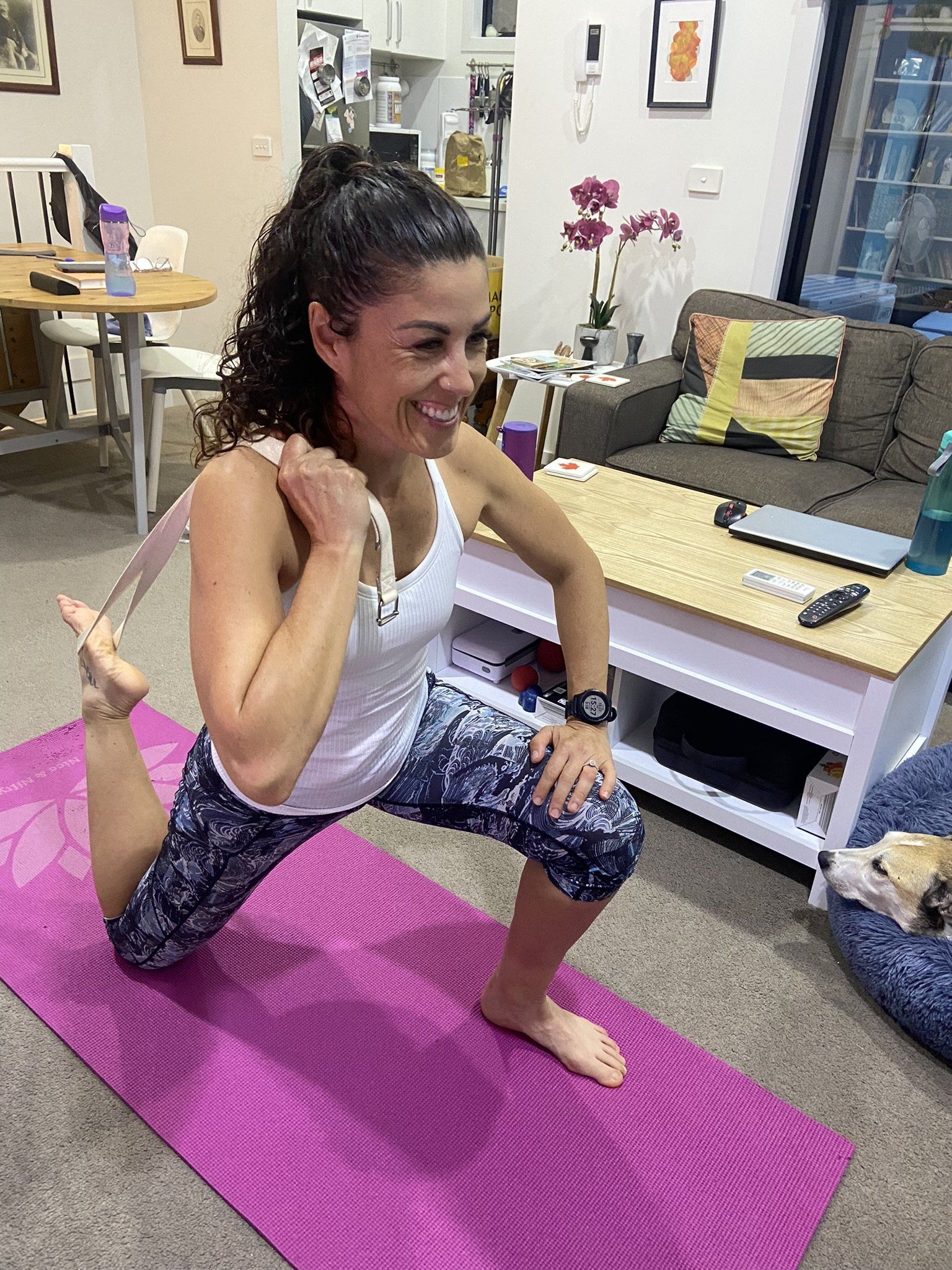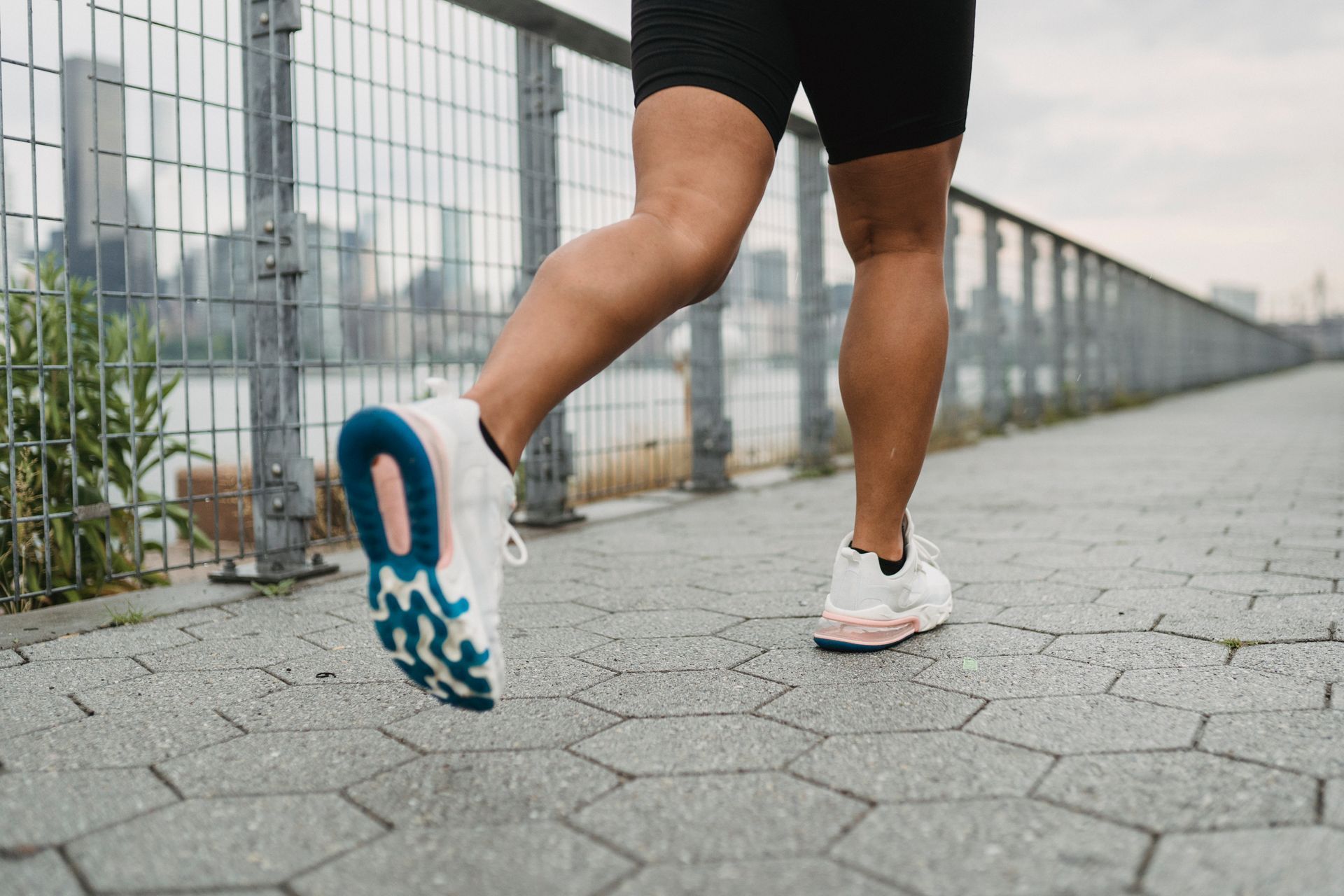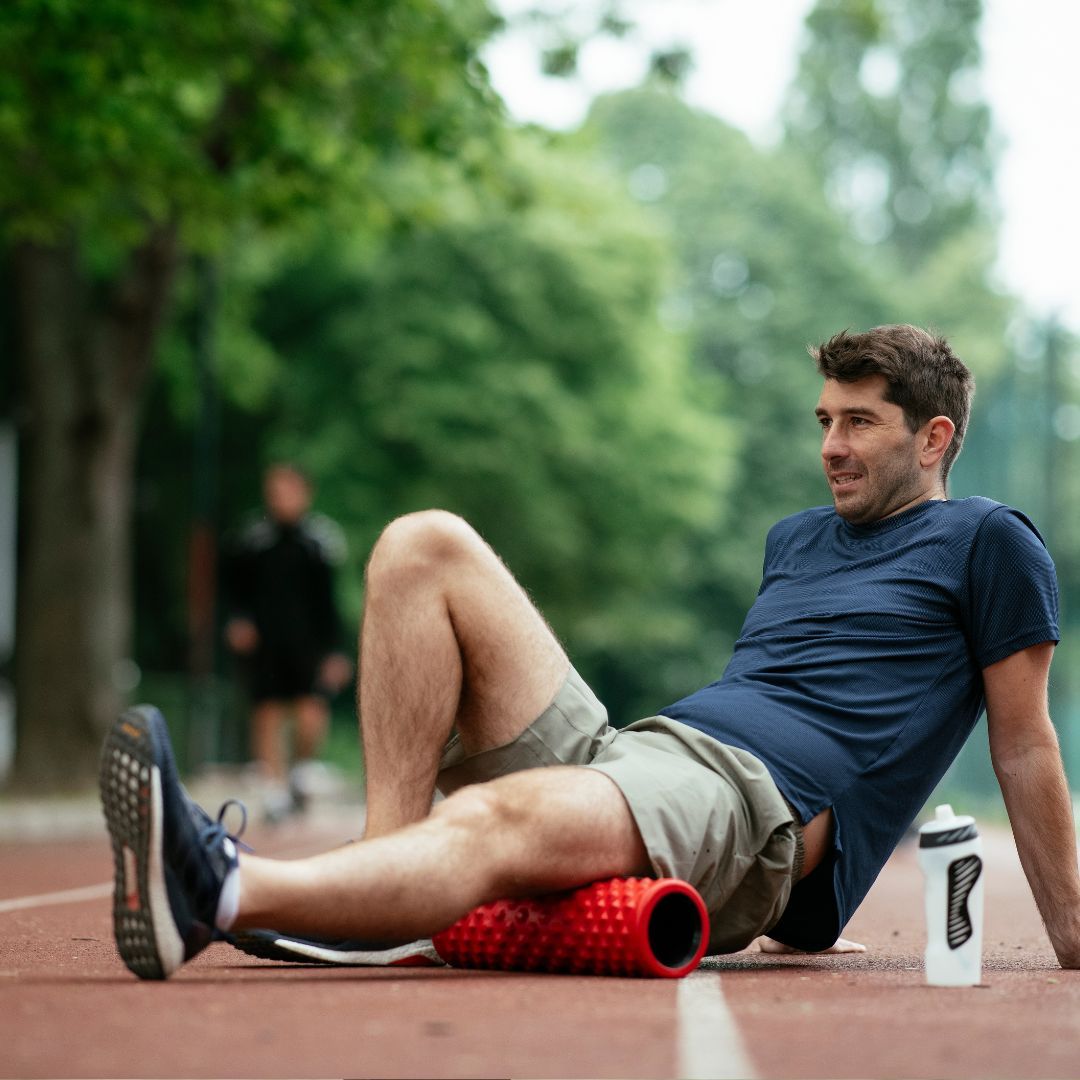Cross training options for runners.
Although running is the best way to train for running, cross training offers many benefits!

When I speak about cross training people often associate it purely with how to exercise when injured. Now, although that is a factor, that is not the only benefit!! There is so much more to it. With cross training you can rehabilitate injuries, but also improve your fitness, engage in active recovery, avoid injury, increase motivation, stay fit during pregnancy, improve your strength, rejuvenate the mind as you do something different to running and I am sure you could think of some more (if you do, please comment in the Instagram or Facebook below. Now of course, running is the most specific activity you can do to improve your running, there is no doubt about that. But sometimes it is good to mix things up and become a more well-rounded athlete.
What activities do you think of when I say cross-training? Does your mind instantly go to pool-running or cycling? Although these are great, there are more.
Ok first cab off the rank has to be strength training. Now you probably all know by now how much I advocate for all runners to do strength training. Strength training is important for correcting muscular imbalances and maintaining muscular mass in older runners ( which I’m sorry say is anyone over 30 as that’s when you start losing muscle mass) Strength training also improves running form and economy. You will be better able to maintain good form if your core and general muscles are strong. Being strong helps runners avoid injuries as your muscles, tendons and ligaments can better withstand the long training and racing you put them through. Dr. Tim Noakes says, in his book “The Lore of Running”:
“Recent studies have shown that specific running injuries are associated either with imbalances in the relative strengths of the different muscles acting at those sites or with weakness in a specific muscle. There is clear evidence to suggest that acute muscle injuries can be prevented by strengthening muscles and eliminating muscle imbalances between opposing muscles.” (p. 783)
Stronger muscles will also work harder and longer for you, thus increasing your endurance. Strength training also makes the muscles more receptive to the brain’s signals and more coordinated in their contractions which in turn makes them more resilient to fatigue. I often hear that people don’t have time to strength train, don’t know what to do or are afraid that they will bulk up. Let me eliminate those myths right now. The strength training programs I put in for my clients are maximum about 30 minutes each. Twice a week of these and then one dedicated core workout of about 20 minutes and that’s it. Are you saying you don’t have one hour and twenty minutes in a whole week? To improve your running? I think we all do, it’s just figuring out how to make it work. And knowing ahead of time what you are going to do, which is why having a program from your coach helps.
In regards to bulking up, with all the running that we do it’s just not going to happen. It just won’t. Yes you will see more muscle definition, but you wont bulk up.
Next is flexibility training. Now, as a bit of a lazy person at times myself I have never been huge on stretching but I have to say I have changed my tune. When I first got into running I used to stretch religiously every day for 20-30 mins, but got out of practice. As I have been getting older I have been finding the starts of my runs hurt more..and after I’m stiffer. I thought this was just my lot in life until my myo said it would only get worse if I didn’t stretch. I was desperate, so I stretched an om my god, the next day when I ran it was like I was in a new body. Now I roll and stretch every night for 20-30 minutes again and all the aches and pains have gone away. Quite frankly I’m too scared to stop!! I know stretching is very controversial but here is how to implement it into your program. A few minutes of dynamic stretching and warm-up drills before you run. Come along to one of my coaching sessions on a Tuesday night and you will see how this is done. Then static stretching of an evening or after your run. No ballistic stretching like in the old days thanks! That’s how you will tear a muscle. By the same token, don’t over stretch a muscle. Stretching should feel slightly uncomfortable but never ever painful. Stretching is beneficial to ensure you have good range of motion to ensure a good stride. You don’t need anymore than that so don’t need to stretch everything too much, no need to be able to do the splits!!!
Pool running is an excellent cross training discipline but something I would tend to employ only when a runner is injured (swimming itself is good to deload the legs but does not really improve fitness or strength in any running specific way). Pool running is the most running-specific form of cross training employing pretty much the same action as land running without the mechanical stress. I personally used pool running for 6 weeks when I had a fractured tibia and knee (due to RED-S) many years ago and had a fantastic race season upon my return to running. However, the downside is that it is incredibly boring, you need an indoor pool close by, your skin dries out and you end up smelling like chlorine all the time. I have plenty of pool running sessions in my bag of tricks for any of my athletes that may want to deload and try cross-training, or for those who are injured or come to me for a return to running program.
Elliptical training has been used by runners for years as these tend to simulate running without the impact. Because it is not exactly like running, it recruits different muscles that running misses and can strengthen your legs, core and arms. Basically, you can copy whatever your run is on the trainer. For instance, an easy one-hour run is the same. An interval session can be replicated on the elliptical. However, speaking for myself I find it quite boring too. And sometimes it is not recommended if you have certain injuries.
Inline skating is similar to the elliptical in that it strengthens different muscles, but at least you can get outdoors. Downside is the likelihood of injury from falls is increased, and there is a learning curve involved before you can focus on developing or maintaining fitness with this modality.
To my mind the best form of cross training is the bike. I might be biased of course as I come from a mountain biking background!! Basically mountain or gravel biking (I think the risk of injury on road bikes is too high) are awesome because they get you out in nature just like running. The fitness you develop is quite transferrable back to running and it develops great leg strength that is applicable to running and hiking hills. Of course, learning to ride on slightly technical trails can be daunting but practice helps with this. I am thinking of holding clinics for runners wanting to cross train on mountain or gravel bikes so please do let me know if this would interest you!! AS a fair weather rider (it’s much colder riding in the rain and wind than running) I like to use my bike trainer that I lock the back wheel of my road bike in which means I can ride no matter the weather..and watch motivating running movies on YouTube!!! Cycling can be done when injured from running or just as an extra fitness component if you are prone to injury. And it’s fun!!!
Ok so there are some options for you. I haven’t even spoken about yoga or pilates specifically, but they are great too. I just think it’s important to do some other activities so as to make yourself a well-rounded athlete who is less susceptible to injury and burnout. Cross training is great to mentally have a break from running too. I love going out for a mountain bike ride with friends; and it really hones you ability to choose a line on technical trail!! Like I said, please email me isobel@peakendurancecoaching.com.au or DM me if clinics on adding riding to your repertoire is of interest to you.
Please let me know your thoughts on this blog; have I convinced you of the veracity of cross training?? Do you have any cross-training modalities you could recommend?? If you do, please comment below!











